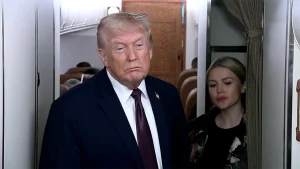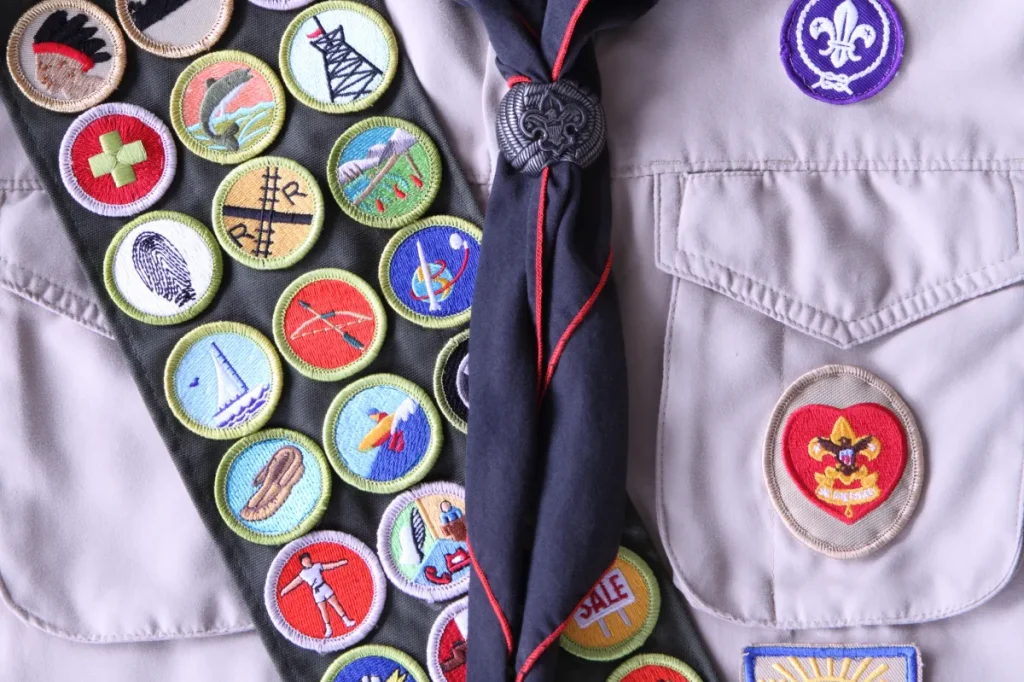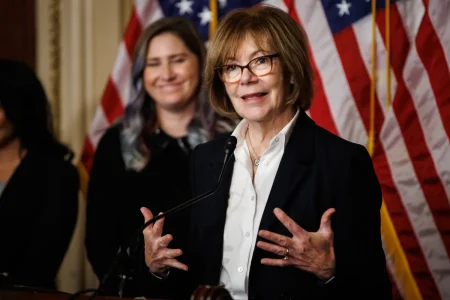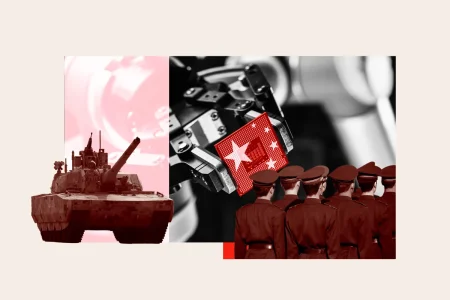Pentagon Considers Ending Historic Military-Scouting Partnership
A Centuries-Old Alliance at a Crossroads
According to a recently leaked Pentagon memo obtained by NPR, U.S. Defense Secretary Pete Hegseth is reportedly considering terminating the long-standing partnership between the U.S. military and Scouting America. This relationship, which was formally established in 1937 but extends back even further in American history, has provided generations of young people with connections to military service and values. The draft documents suggest Hegseth believes the organization formerly known as Boy Scouts of America has developed a tendency to “attack boy-friendly spaces” and has become “genderless” while promoting diversity, equity, and inclusion initiatives that may diverge from traditional military values. When contacted about these documents, a Department of Defense official declined to authenticate what they described as potentially “predecisional” materials, maintaining official silence on the matter while internal deliberations apparently continue.
The Changing Nature of a Traditional Alliance
The military’s historic support for Scouting has been substantial and multifaceted. For decades, the Department of Defense has provided medical and logistical assistance to major events like the National Jamboree, allowed Scout troops to meet on military installations worldwide, granted recruitment advantages to Eagle Scouts, and allocated resources for Scouting activities on bases. According to the draft memo reportedly prepared for Congress, Hegseth contends that Scouting America has shifted away from what he values as a “meritocracy which holds its members accountable to meet high standards.” This perspective suggests a fundamental philosophical disagreement between the Pentagon’s current leadership and Scouting America’s evolution toward greater inclusivity. At its core, this potential split reflects broader cultural debates about tradition, change, and institutional values playing out in a consequential public relationship.
Practical Concerns and Resource Allocation
Beyond ideological considerations, the draft documents reveal practical concerns about resource allocation during a time of heightened international tensions. The National Jamboree, which attracts up to 20,000 scouts to a remote site in Virginia, requires significant military support. The memo suggests that dedicating personnel and equipment to such civilian functions potentially diverts critical resources away from border operations and protecting U.S. territory amid international security challenges and limited budgets. This practical dimension adds complexity to what might otherwise be framed as purely a values-based decision. While the memo has reportedly been prepared to notify Congress of these intentions, sources familiar with the situation emphasized to NPR that it has not yet been formally delivered, leaving room for further internal discussion or possible reconsideration before any policy becomes official.
Voices of Concern from Stakeholders
The potential severing of ties has already generated significant concern from those who value the connection between the military and Scouting. Scouting America issued a statement emphasizing its nonpartisan nature and century-long history of working constructively with presidential administrations of both parties toward the common goal of developing young leaders “grounded in integrity, responsibility, and community service.” Perhaps more poignantly, retired Army Staff Sergeant Kenny Green shared with NPR how Scout troops provided crucial stability for his three children during multiple military relocations from Louisiana to Alaska, Germany, and Texas. “At every military base, there was a Scout troop that could help ease the transition to a new home,” he explained, highlighting the particular importance of Scouting for mobile military families. Opposition has emerged even within the Pentagon itself, with Navy Secretary John Phelan arguing in an internal memo that the “passive support to Scouting America” serves as “a crucial recruiting and community engagement tool” and warning that prohibiting access “could be detrimental to recruitment and accession efforts across the department.”
Historical Context and Previous Presidential Support
The relationship between Scouting and the military runs deep in American history, with prominent political and military leaders consistently supporting the connection. President Donald Trump, speaking at the 2017 Jamboree, declared that “The United States has no better citizens than its Boy Scouts. No better.” This historical alignment has traditionally transcended partisan divisions, with administrations of both parties recognizing the value of developing service-minded youth who might later consider military careers. The current reconsideration represents a potential break from this bipartisan consensus about the value of the Scouting-military relationship. The draft memo suggests the Pentagon is reviewing all partnerships to ensure they “align with the president’s agenda and advance our mission,” indicating that the scrutiny of Scouting America may be part of a broader reassessment of the military’s civic engagements and partnerships.
Uncertain Future and Potential Impacts
The consequences of this potential policy shift would extend well beyond symbolic relationships. Planning for next summer’s Jamboree continues amid uncertainty about whether military support will be available. The broader pipeline of service-minded youth entering the armed forces could be disrupted if this traditional pathway is altered. For military families stationed around the world, the loss of Scout troops on bases would remove a source of stability and community during frequent relocations. Congress may ultimately weigh in, given its legislative oversight and the statutory requirements governing military support for scouting events. The situation raises fundamental questions about the military’s approach to civic engagement and youth development at a time when both national security considerations and recruitment challenges remain pressing concerns. As the Pentagon reviews its partnerships to align with current priorities, the fate of this centuries-old relationship hangs in the balance, representing more than just administrative policy but touching on questions of tradition, values, and the development of America’s future leaders.















